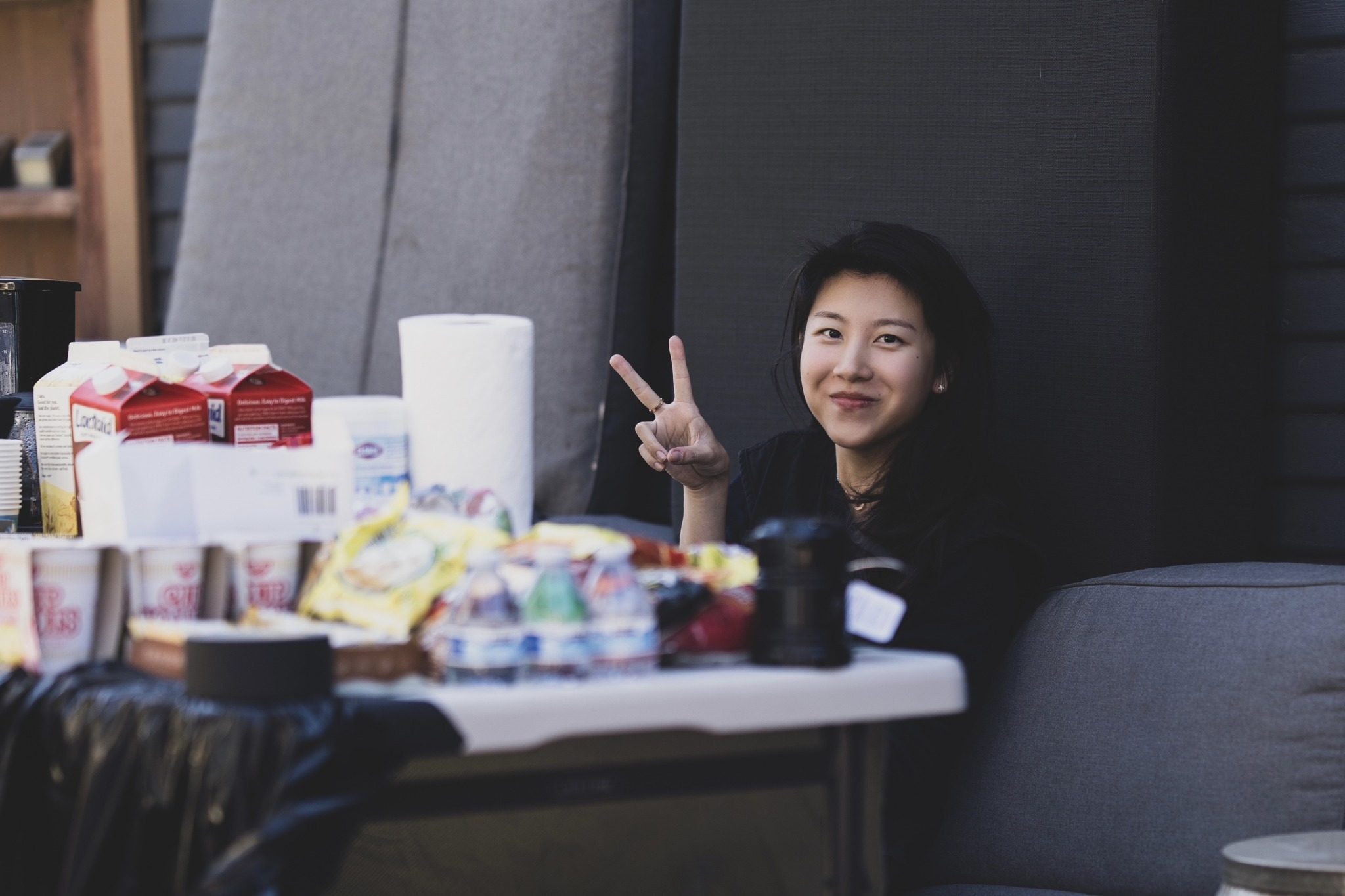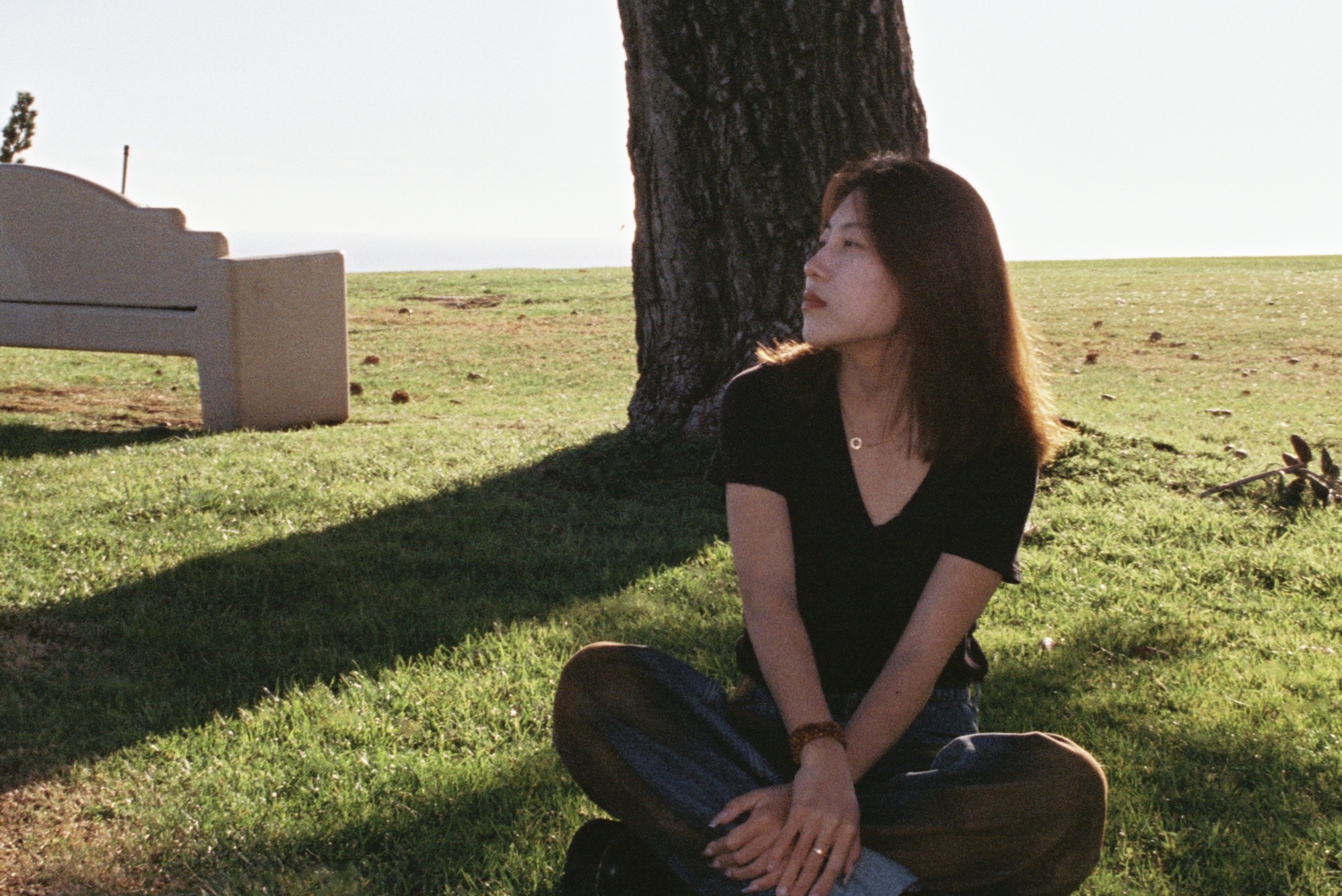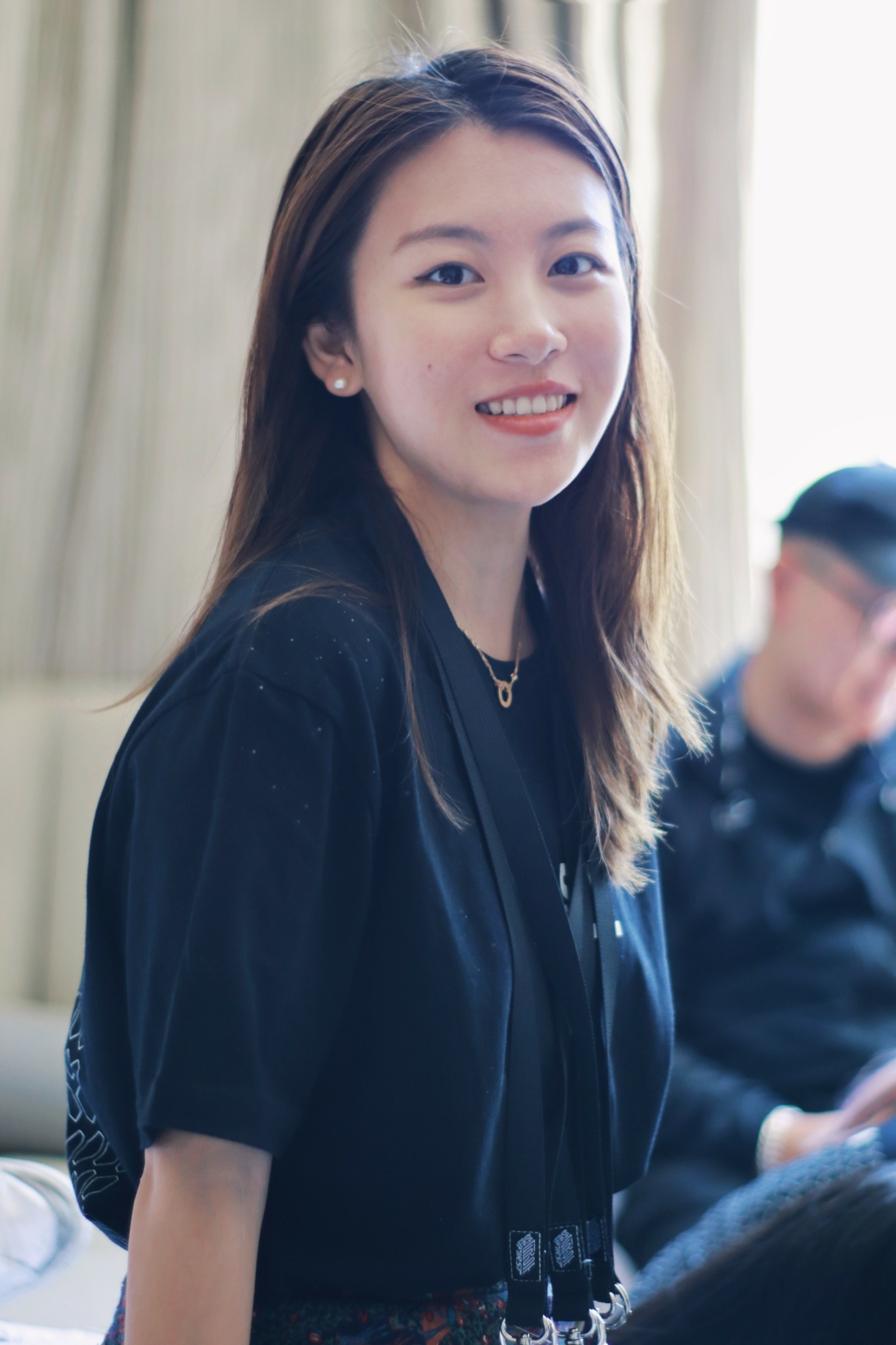We caught up with the brilliant and insightful Tong Zhang a few weeks ago and have shared our conversation below.
Tong, thanks for taking the time to share your stories with us today We’d love to hear about a project that you’ve worked on that’s meant a lot to you.
The most meaningful project I’ve worked on so far is I Love You The Most, which was also my first experience working on a theatrical feature film. I joined the project as a producer’s assistant, and over the course of three months of prep and shooting, I got to be involved in almost every stage of the process. It was a huge learning experience that gave me a much deeper understanding of how commercial films are made, and it really marked my transition from student short films to professional feature productions.
What made it even more meaningful was the people I met along the way. I worked with a team of passionate, like-minded creatives who supported and taught me so much. We faced challenges together, shared long days on set, and built real friendships that I’ll always be grateful for. That project gave me both knowledge and confidence—and reminded me why I love working in this industry.

As always, we appreciate you sharing your insights and we’ve got a few more questions for you, but before we get to all of that can you take a minute to introduce yourself and give our readers some of your back background and context?
My name is Tong Zhang, and I’m an aspiring film producer currently based in the U.S. I was born and raised in Beijing, China, in a family deeply rooted in the entertainment industry—both of my parents work in related fields. Growing up on film and TV sets, I was exposed to the world of storytelling and filmmaking from an early age, which planted the seed for my dream: to become a filmmaker myself.
To pursue this path, I studied Film Producing and Marketing at the Management School of Beijing Film Academy, where I began learning the fundamentals of production. During college, I became increasingly fascinated by the Hollywood system and the scale and structure of the American film industry. That curiosity and passion led me to apply to Chapman University’s Dodge College of Film and Media Arts, where I’m now completing my MFA in Producing.
Over the past few years, I’ve worked on a number of short films in various capacities—mostly as a producer. My work focuses on collaborating with emerging directors and writers to bring bold, visually inventive, and emotionally resonant stories to life. I’m especially drawn to projects that explore surreal or absurd realities, often blending dark humor with social commentary.
What sets me apart is that I’ve lived and trained within both Eastern and Western film systems, which gives me a unique cross-cultural perspective when it comes to storytelling, collaboration, and production logistics. I’m proud of the connections I’ve built, the films I’ve helped create, and the dedication I bring to every project—no matter the size or budget.
Now, as I prepare for graduation, I’m standing at a new crossroads—ready to bring my experience, voice, and vision into the next stage of my career. I hope to continue developing meaningful projects that resonate with audiences and keep growing as a producer and storyteller.

How can we best help foster a strong, supportive environment for artists and creatives?
When I was recently shooting one of my short films, I really felt how open and supportive people can be in public spaces—on the street, in restaurants, wherever we happened to be filming. Many people would come up and ask, “Oh, what are you working on?” and when they found out it was a student film, they’d say things like, “That’s so cool—good luck!” We were genuinely touched by their kindness and encouragement.
That kind of everyday support means a lot to young filmmakers like me. But if society wants to go a step further in supporting artists and creatives, I think there’s room to strengthen institutional support as well. For example, when we reach out to local organizations or associations for permits or resources, even small changes—like reduced rental fees or faster application processing—can make a huge difference for independent and student productions. It’s not always about money; sometimes it’s just about saving us time or making the process a little more accessible. And for that kind of support, I would be deeply grateful.

What do you think is the goal or mission that drives your creative journey?
My goal is actually pretty simple. As a producer, I know that most film audiences won’t remember our names—unless one day I have a famous and highly successful production company! But jokes aside, what really drives me is the hope that when someone finishes watching a film I’ve produced, they’ll walk away saying, “That was interesting,” or “That was worth my time.”
If an audience feels that their hour or two wasn’t wasted—that the film made them think, laugh, or feel something—then I’ve done my job. For me, that kind of impact, even if it’s subtle, is enough. I don’t need to be in the spotlight; I just want to be part of meaningful stories that connect with people.
Contact Info:


Image Credits
The photographer of the first on-set BTS photo is Nic Caceres.


